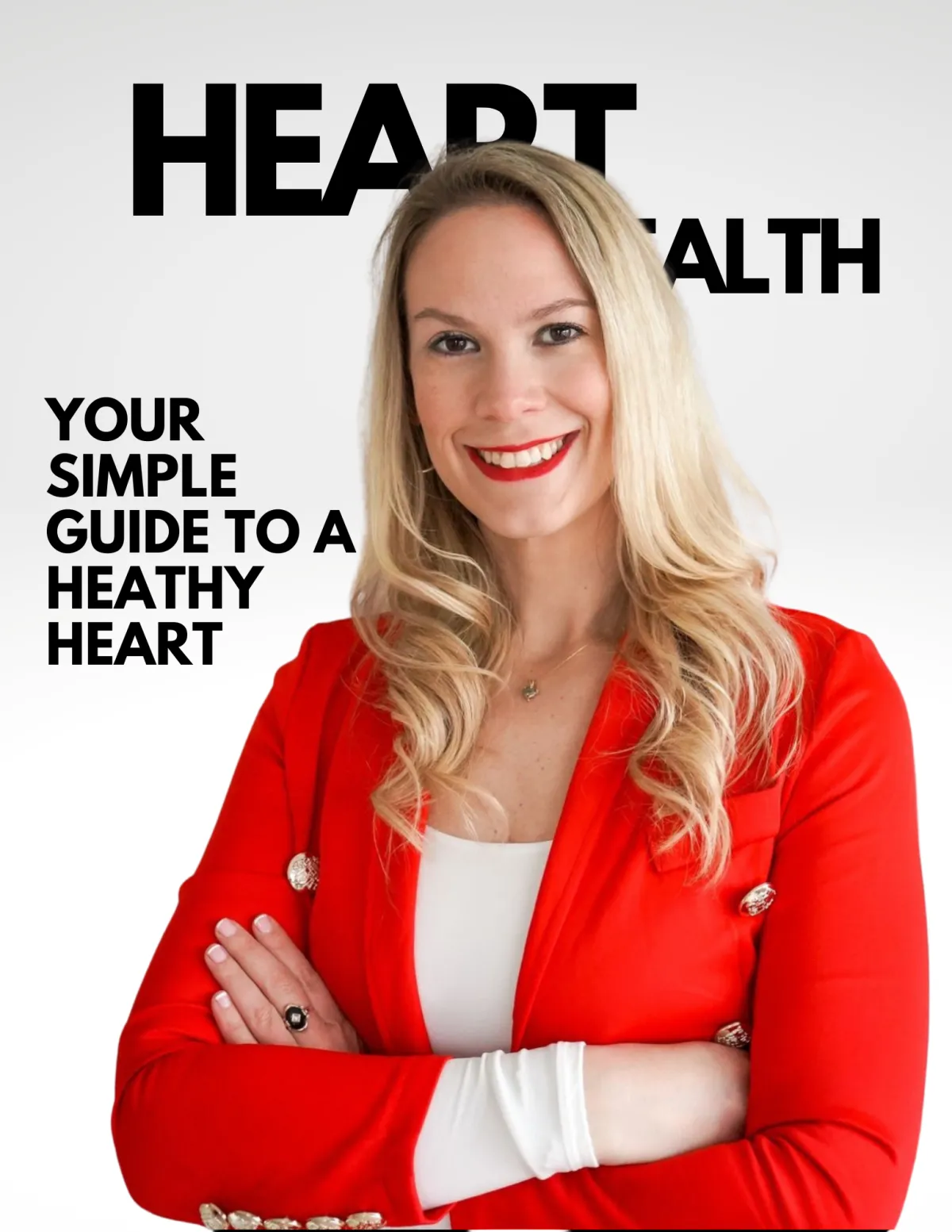Understanding PVCs
What Are They And How To Manage Them?
What are PVCs?
PVCs, or Premature Ventricular Contractions, are extra heartbeats that start in the ventricles (the lower chambers of the heart). These extra beats can cause a feeling of a skipped or fluttering heartbeat.
Signs and Symptoms of PVCs
People experience PVCs in different ways, but common symptoms include:
- Skipped Beat: Feeling like your heart has skipped a beat.
- Palpitations: A noticeable strong or rapid heartbeat.
- Fluttering: Feeling a fluttering sensation in the chest.
- Flick: A quick, light sensation in the chest.
What Causes PVCs?
The heart muscle has its own electrical activity. PVCs are caused by extra electrical impulses from different areas of the heart, causing an extra beat before the next normal heartbeat. This can make the following heartbeat feel stronger.
How are PVCs Diagnosed?
PVCs are diagnosed using an Electrocardiogram (ECG or EKG), which records the electrical activity of the heart. Since an EKG records only a few seconds, if PVCs are infrequent, they might not be detected. In such cases, wearable heart monitors that record heart activity for 24 hours to 30 days may be used. Some people can even detect PVCs using wearable devices like smartwatches.
Treatment Options for PVCs
Most of the time, PVCs are benign (not harmful). Here are some ways to manage them:
- Observation: If PVCs are infrequent and not bothersome, they might not need treatment.
- Avoiding Triggers: Identifying and avoiding triggers like caffeine, alcohol, and stress can help reduce PVCs.
- Magnesium Supplements: Staying hydrated and taking magnesium can help.
- Medications: For frequent or bothersome PVCs, beta blockers or calcium channel blockers may be prescribed.
- Ablation: In rare cases, if PVCs are very frequent or dangerous, a procedure called ablation may be performed to eliminate the source of the extra beats.
Preventing PVCs
Preventing PVCs involves identifying and avoiding triggers. Common triggers include:
- Caffeine
- Alcohol
- Lack of Sleep
- Stress
- Infections
If you can't identify specific triggers, maintaining a healthy lifestyle is key. This includes staying hydrated, eating a heart-healthy diet, staying active, and limiting alcohol and caffeine intake.
Learn More
To learn more about heart health and PVCs, make sure to subscribe to our channel and download the free guide below.
This guide is designed to help you understand PVCs, their symptoms, causes, diagnosis, treatment options, and prevention strategies. If you have any concerns or symptoms, please consult a healthcare professional.
Free Heart Health Guide:
Simplify Your Health


